| Sorted by date | |||
page221from Building Ideas
The
instability of meaning in Ricoeur’s notion of conflict was a theme in the more
recent work of the Italian philosopher, Gianni Vattimo. Vattimo, who was also a
student of Gadamer’s, developed his own version of the plurality that is characteristic
of postmodernist thinking. Just as Heidegger and, later, Derrida had developed
a critique of Western philosophy based on the misguided search for foundations
as the ultimate ground for absolute knowledge, Vattimo likewise characterized
the current state of postmodernism in philosophy as a period of “post-foundationalism”
or, more memorably, “weak thought”. This situation lends significance to a
range of previously marginalized discourses, such as Derrida makes clear in his
discussion of fields not normally considered within philosophy. In the Truth in
Painting Derrida focuses on the relationship between the work of art and the “frame”,
which turns out to be constitutive for the definition of art itself. Vattimo
likewise takes up this theme of the centrality of the apparently marginal, both
in his discussion of architectural ornament and in developing the concept of
nihilism. Vattimo borrows this term from Nietzsche, to denote the “de-centreing”
of the experiencing subject which, as we have mentioned already, has been a
defining characteristic of modern philosophy.
For
Vattimo, as for Ricoeur, this alienation of the individual subject from their
position as “creator of meanings” has given new impetus to the idea that
hermeneutic experience is actually a fundamental “mode of being”. In a sense,
our very existence demands a constant project of interpretation, given that
there is always some uncertainty in any act of communication – whether the “interference”
that phenomenology describes between the body and the world; or the
arbitrariness of the signifier/signified pair defined by structural
linguistics; or the invisible filter of ideology between us and our social
relations – each of the models we have discussed in this book sets out an
approach to this situation. As Vattimo described the legacy that Heidegger has
left for the role of philosophy within the contemporary “alienated” world:
Hermeneutics
is not a theory that opposes an authenticity of existence founded on the
privilege of the human sciences, to the alienation of the
|
|||
|
|||
|
|
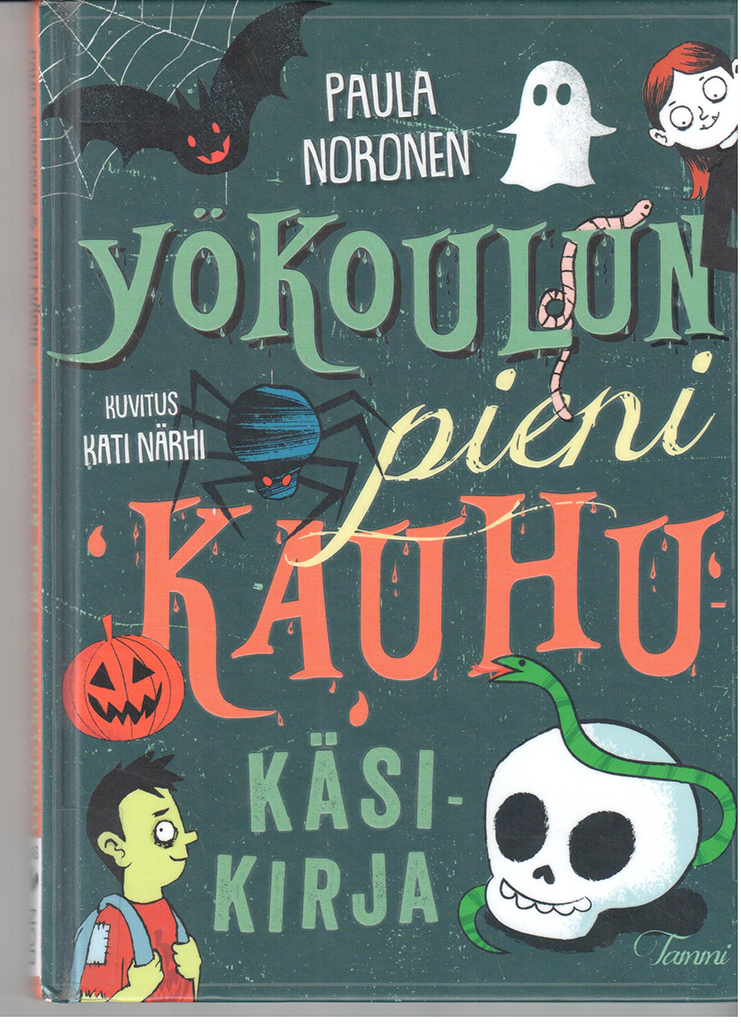 ... ...
... ... ... ...
... ... ... ...
... ... ... ...
... ... ... ...
... ...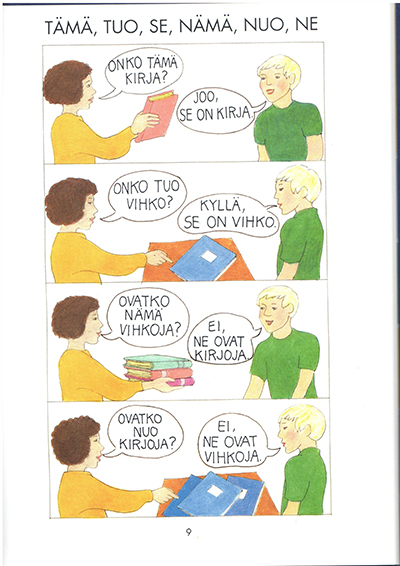 ... ...
... ...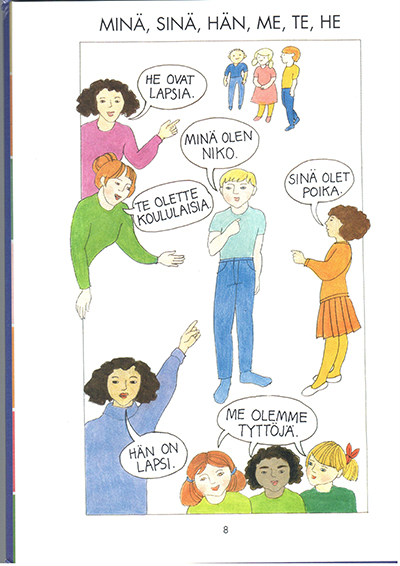 ... ...
... ...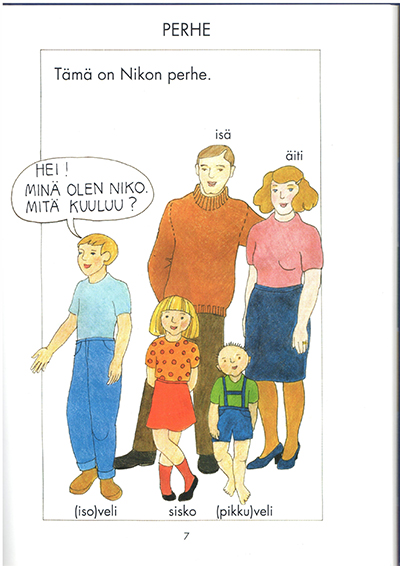 ... ...
... ... ... ...
... ...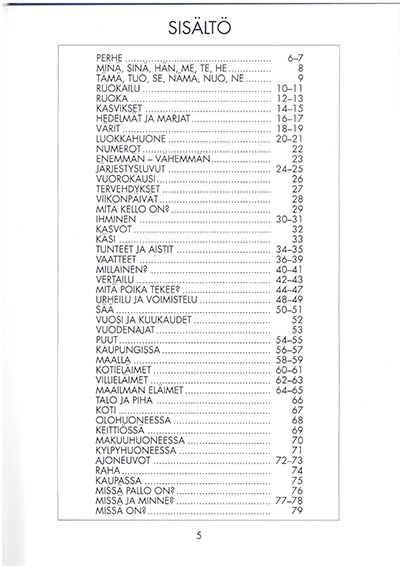 ... ...
... ... ... ...
... ... ... ...
... ...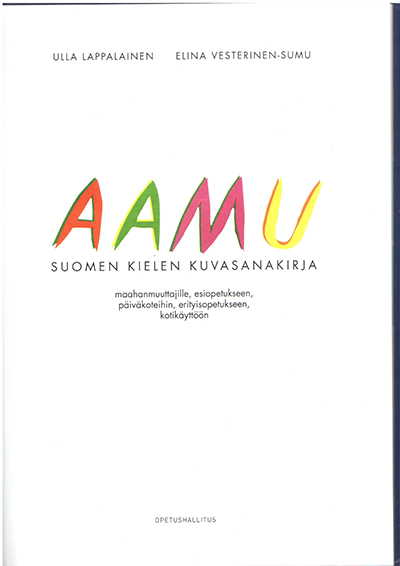 ... ...
... ...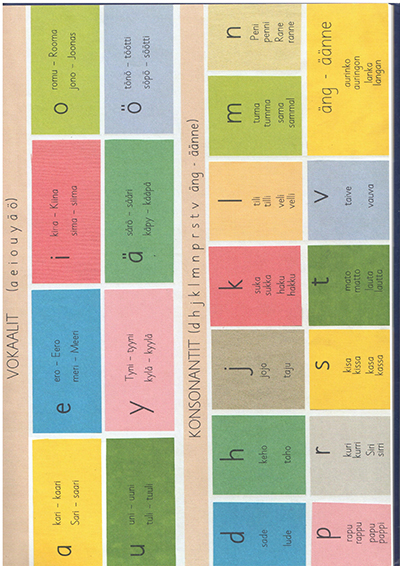 ... ...
... ...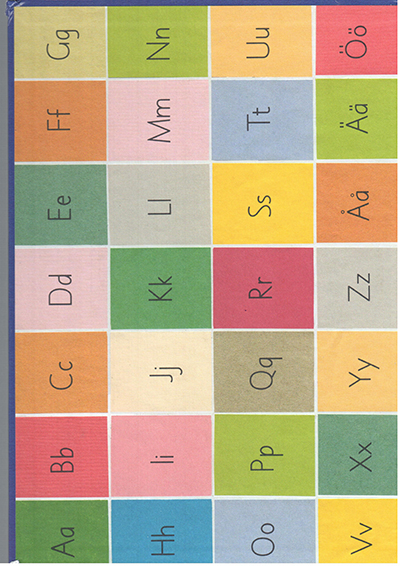 ... ...
... ...